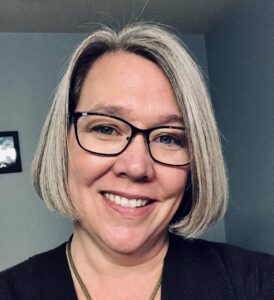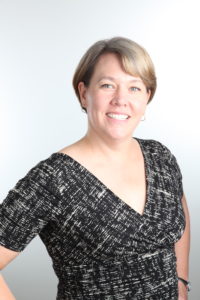Select an item by clicking its checkbox
One of the realities that the pandemics of the past eighteen months have brought home is how the different life situations of students change the impact of collective trauma on their bandwidth for learning. For some of our students, when the world ground to a halt, they found themselves with ...
I recently read Valarie Kaur’s remarkable book, See No Stranger: A Memoir and Manifesto of Revolutionary Love. At one point in her story, she describes her struggle to find herself “inside the law” at Yale Law School as a Sikh woman with communal commitments to justice developed in a ...
The first time that I taught a graduate-level class where anti-oppression work was a primary component of the learning, I made a major blunder. I structured the class with materials and exercises assuming that students understood that racism, sexism, and other forms of structural injustice based on identity categories and ...
For many years I have been involved with a team of instructors teaching a required first-year formation class at the Iliff School of Theology. Initially called “Identity, Power, and Difference,” we designed this class to invite students to reckon with the realities of structural inequality and oppression in relation to ...
Discussion forums in online classrooms are unfortunately named. The name evokes just talking about stuff. This can be a good use of the discussion forum; dialogue is an important part of higher education. The opportunity to test and develop ideas in conversation with trusted colleagues, both classmates and professors—yes, ...

